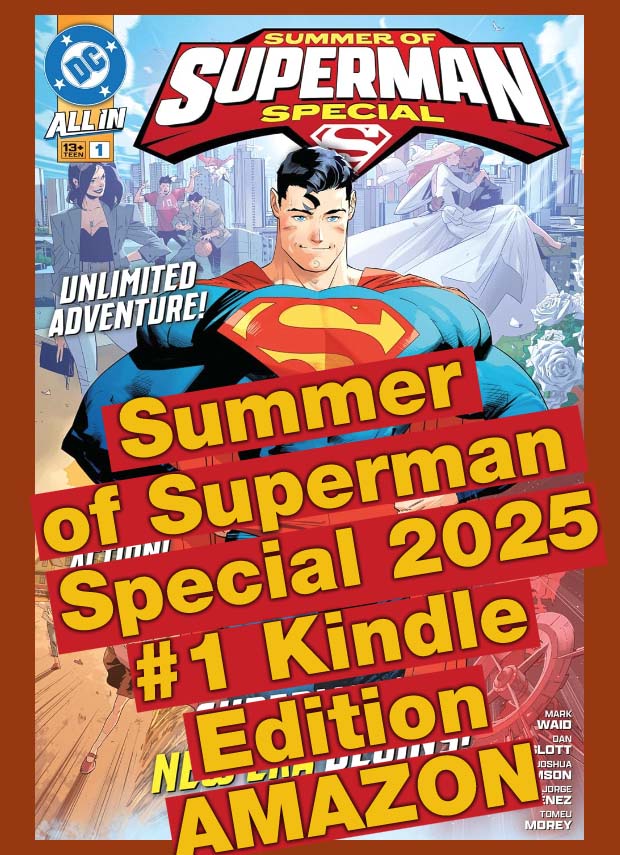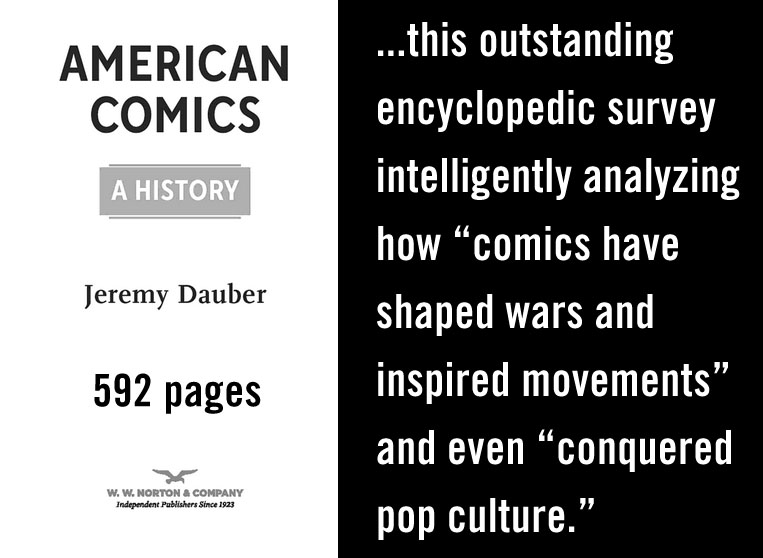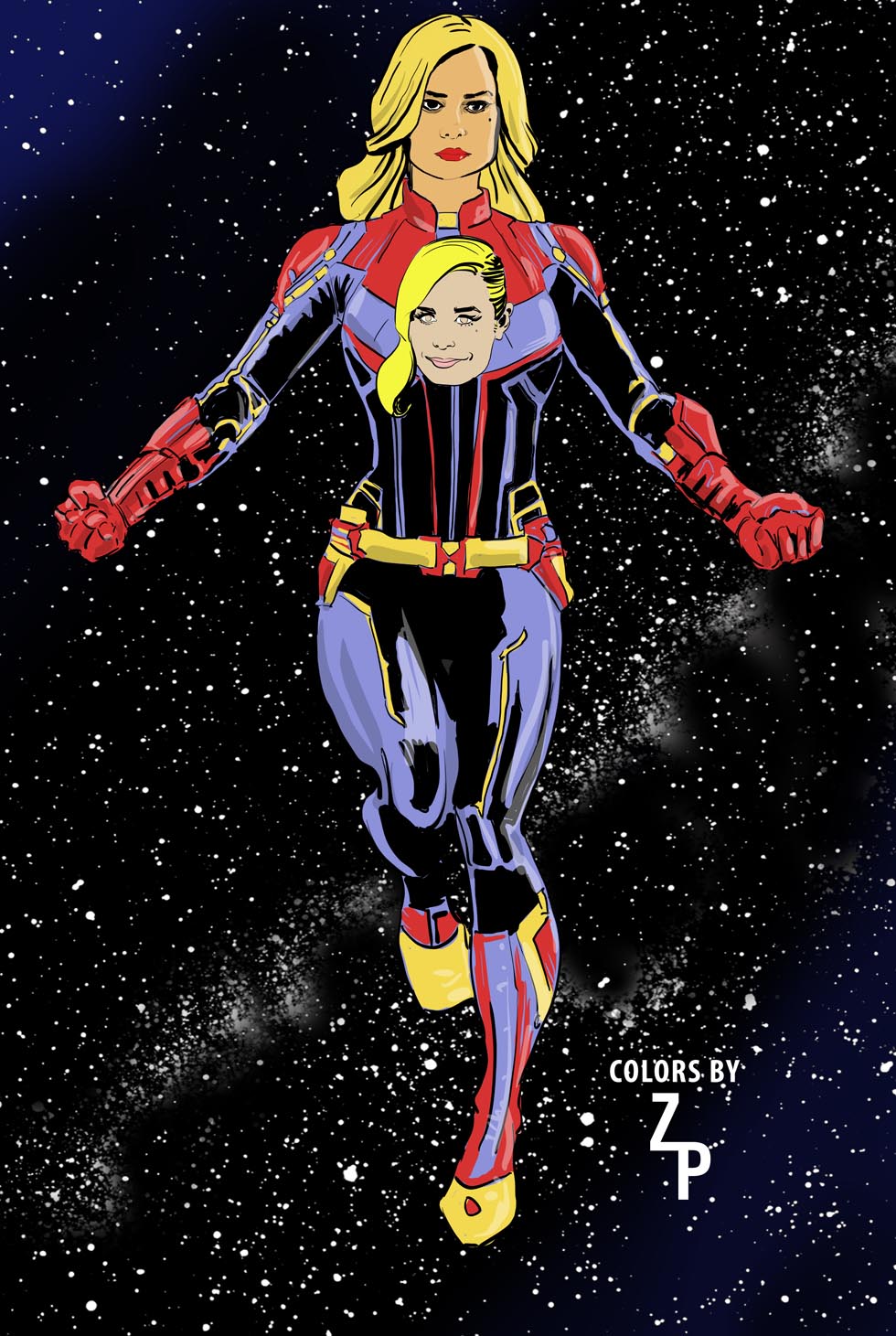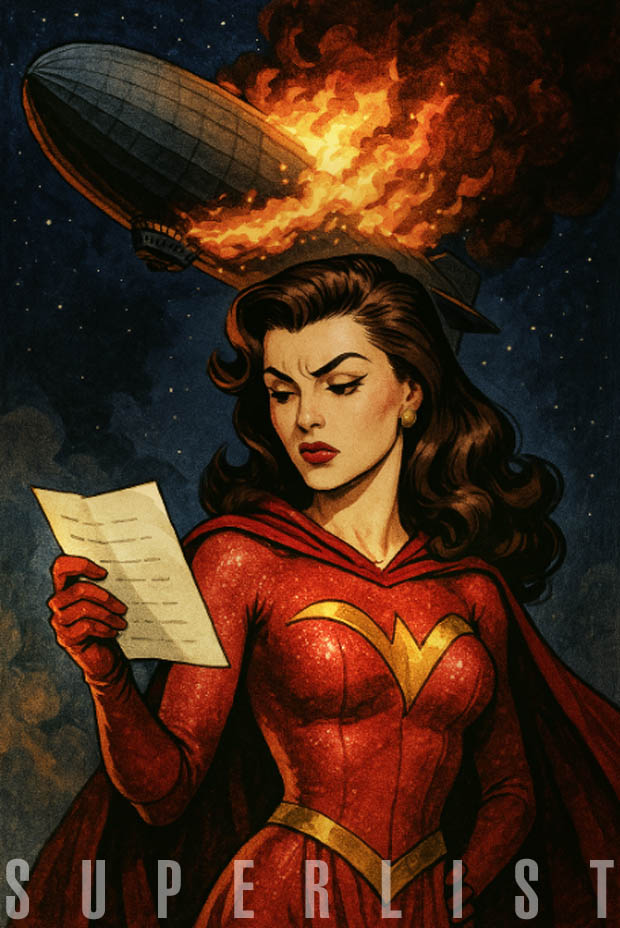Captain Marvel II
"Captain Marvel II has a Superman problem: the hero is an overpowered, unrelatable character"
Carol Danvers has already been established as one of the most powerful heroes in the MCU, a hero so incredibly important, that she doesn’t have enough time to protect Earth; she’s got the entire universe to worry about."
– Forbes article by Dani Di Placido Art . Article at Forbes.
The article from Jan 23, 2020, goes on to describe that Cap'n Marvel essentially doesn't change during the course of the story of the first film, so there's no "story arc" for the character.
This isn't necessarily a problem, though it is relatively rare. There are many instances in Hollywood story construction where the hero doesn't change - - a number of John Wayne cowboy movies feature a character where the "Duke" isn't altered by the events around him, but he alters everything and everyone else. Usually, at the end he has to decide whether to stay put under the new conditions his actions have created, or he has to exit (usually he exits, the situation now one where law and order prevail and he is no longer needed. Also, it is now a situation where his anti-hero character cannot thrive, so the screenwriter has him ride off alone away from the conformity of settled civilization.)
The solution for the ultra-powerful Captain Marvel II, according to the piece from Forbes, is "... what if there’s something out there that she isn’t equipped to deal with?" But isn't that's the premise for a hundred-thousand superhero stories? This actually seems like a set-up to feed the problem identified in the article. It repeats the cycle of the superhero being powerful, then overcoming the momentarily undefeatable enemy by deploying even more power, often in the guise of:
- sheer brainpower
- organization of a brilliant, well-timed plan
- displaying a ferociousness in action that the character, we are told to believe, had never displayed before
- rounding up friends, usually ones where there has been some alienation, and then together this reconvened unit defeats the enemy
- blind luck
The major issue that confronts superhero movies is one that doesn't go away for any genre: how to tell an entertaining story where it doesn't matter too much who or what the hero is, but whether the tale in combination with the character can carry an audience. If the character is fascinating, together with a "good story" it is an effective box office combination. It is a false premise that a story hook (especially one used so many times before) will invite interest from an audience.

Whatever the case for the next Brie Larson hero film, unfortunately, often the Hollwood solution to the dilimma of a sequel is drawn from a list of options that are very, very familiar:
- repeat the first story but in a bigger way and add some new subsidiary characters
- add more CGI effects
- give the character a sidekick, often one meant to be a psychological mirror of the audience the movie-makers imagine is out there. (This is flattering the audience, a strategy that is usually a reflection of salesmanship skill instead of story craft.)
- radically altering the character into a new direction (this is also clearly an abandonment of the character's "character." Gutting the personality of the hero, inserting something new, then demanding the audience respect the new character under the banner of the old character, i.e., this is old fashioned bait-and-switch. With an established character, though, it usually means disaster.)
- add even more CGI effects for longer periods of time on the screen (this usually leads to audience "blindness," they've seen so much eye candy they just can't take anymore. It's the same if you go to a museum and see folks there who are not used to seeing so much art all at once: they're exhausted within 30 minutes from just too much visual input, sitting on chairs and waiting to escape the building).
The expectation at Comic Book Brain is that a great deal of creativity will go into making the production deal (i.e., the money part of a blockbuster sequel) for Captain Marvel II, hopefully that same energy will go into solving the problem of an audience-viable story.
March 11, 2019: The cloud of bad pseudo-reviews and legit reviews with lackluster enthusiasm bode ill for the 21st picture in the MCU release schedule. Politics and social-media harping looked like it was trying to sabotage the ability of the Brie Larson starring movie to get judged by an impartial audience. [Update: Captain Marvel goes on to make $1,128,274,794 worldwide!]
With a fantastic opening weekend that's above $153 million in the domestic market and somewhere north of $302 million worldwide, all the moaning and complaining seems to have been for naught, the movie is performing like a top tier Marvel film and is built that way. With this kind of opening Larson's character will probably generate sequels and receive substantial presence when integrated into the coming Avengers Endgame movie, and beyond.
Disney and Marvel:
The Crisis in Confidence at Marvel
Are the franchises dying? Star Wars
Disney approaches the crossroads – Summer of 2023
Disney vs its vassal companies – 2023
The Disney and Marvel future 2020 and beyond
Marvel summary of productions, November 2020
Marvel's plans mean expansion 2020
Kicking Marvel in the kneecaps 2019
Disney Buys Marvel Comics for $4 billion - 2009 The House of Mouse buys the House of Ideas
Disney spends $71.3 billion to get 21st Century Fox - March 2019
Disney Movies:
Star Wars: The Rise O'Skywalker Log
Captain Marvel II - the Superman problem: the hero is an overpowered, unrelatable hero
Marvel currently rules the cinematic world - May 2019
My Marvel Wish List - March 2019

Original Page March 2020 | updated June 2020

